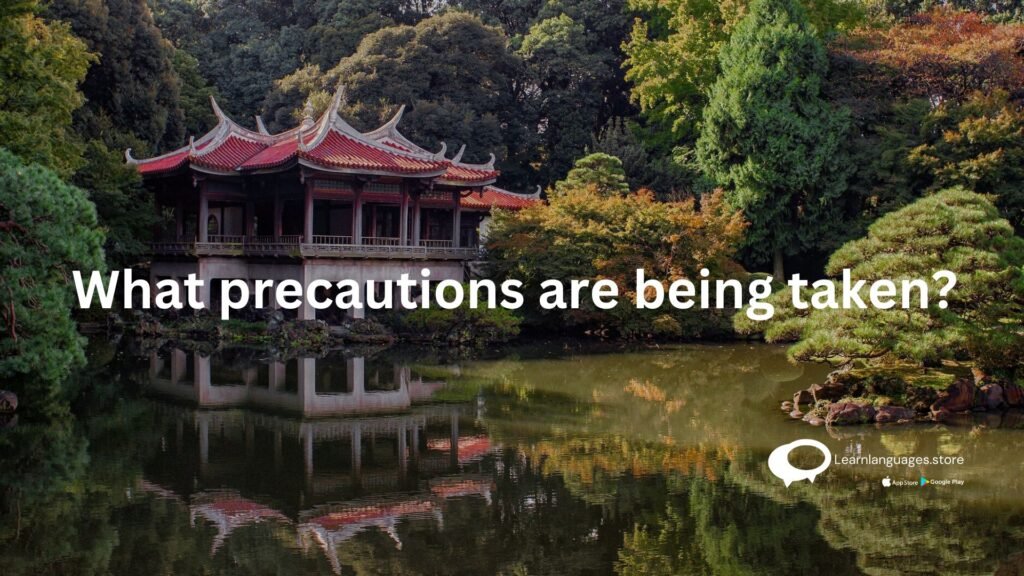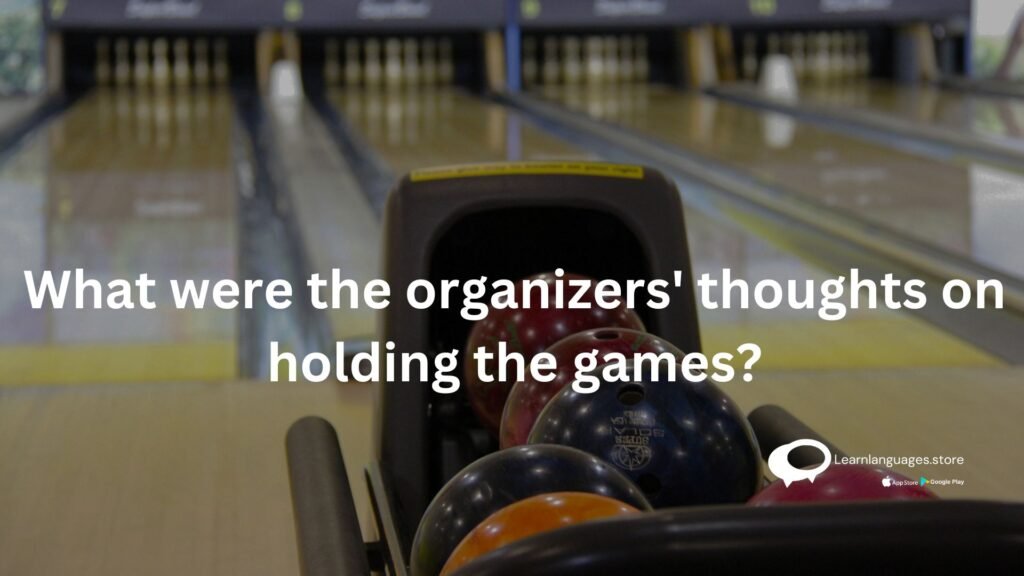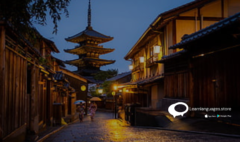TOKYO OLYMPICS – FORTITUDE IN THE FACE OF ADVERSITY
TOKYO OLYMPICS – FORTITUDE IN THE FACE OF ADVERSITY
Despite multiple setbacks along the way, including a worldwide epidemic, the Olympic Games are making a triumphant return to Japan’s capital city. However, owing to current constraints around COVID-19, the Tokyo Olympic Games may differ from previous years. Though the Olympics represent international community togetherness and constancy, this year’s Games will not be without controversy.
What precautions are being taken?
You can’t visit Tokyo for the games: Most foreigners cannot enter Japan. Japanese fans were initially allowed to attend the activities, however a recent outbreak has caused the cancellation of fan attendance.. The first Olympic Games without spectators will give home viewers a fresh experience.
Even though there will be no spectators at the Olympics this year, athletes will face severe limitations. Olympic athletes flying to Japan, according to various news outlets, are also subject to some rather stringent safety standards. To compete, every athlete must authorize GPS devices to track their whereabouts to ensure they stay inside defined safe zones. Athletes must also download COVID-19 apps, practise social distancing, inform organisers of travel plans, and avoid Tokyo’s public transit for 14 days after arriving in Japan.
There are no exceptions to these regulations for athletes. With such stringent criteria in place, failing to follow The Japanese government officials overseeing the games also have the power to deport any foreigners who don’t follow their guidelines, adding an extra bit of pressure to athletes from visiting countries.

How Have the Japanese Reacted to the Games?
Some see the 2021 Games as a return to normalcy, but others are worried and dissatisfied. Many abroad groups are excited to compete, but Japanese people worry that having the Olympic Games this year is soon. According to several Japanese content providers, Japan is not prepared to host such a massive event. T
With these circumstances in mind, it’s not surprising that most Japanese citizens aren’t too keen on hosting the Olympics during this time: a poll conducted by the Asahi Shimbun newspaper revealed that a whopping 83% of participants didn’t want the Olympics to be held at all due to Japan’s long-standing pandemic issues.

What were the organizers’ thoughts on holding the games?
The president of Tokyo’s committee believes that conducting this Games is crucial to lifting morale and spreading positivity towards world. Furthermore, Japan’s history with the Games has added to the strain on organizers: with the 1940 Tokyo Olympics being postponed and moved owing to warfare, the organizers of this year’s Games are unlikely to want to repeat history. Along with Japanese demonstrators, overseas athletes have been told not to wear clothing that promotes or opposes any political purpose.

Sports in Japan: A (Very) Short History
Though Western sports only gained popularity following the Meiji Restoration in 1868, local Japanese sports have been an important part of the nation’s culture for millennia. Sumo, a martial art style designated as Japan’s national sport, may be the most well-known among outsiders.

Sumo wrestling was recognized to be related not just with sportsmanship and strength, but also with Shintoism and divination prior to the commencement of the Edo era in the early seventeenth century. Winners of sumo matches were supposed to bring good fortune due to their vocations outside of the sport. Prior to the Edo era, martial arts akin to what we know now gained popularity.
With the help of American tourists, the Meiji Restoration brought several new Western sports to Japanese audiences. Rugby, baseball, track and field, and football were all popular recreational sports by the early twentieth century. Though Western sports are popular in Japan, the Olympic Games have not forgotten the country’s heritage; judo has been recognized as an official Olympic sport since the 1960s, allowing Japanese martial arts to be performed and honored on a global scale.
Learn Languages Store
Vashi,
Email: services@learnlanguages.store










